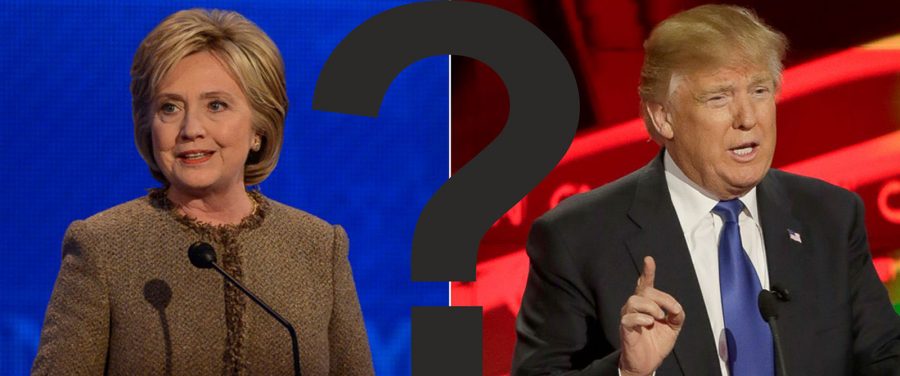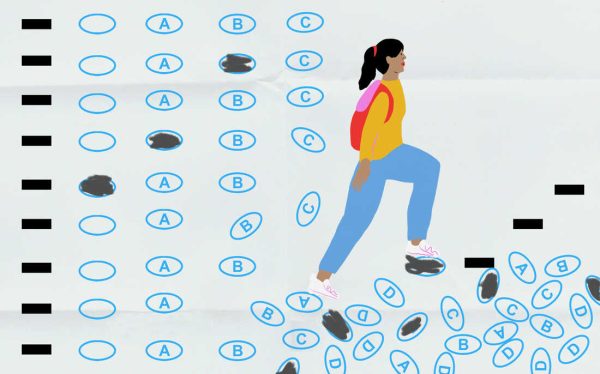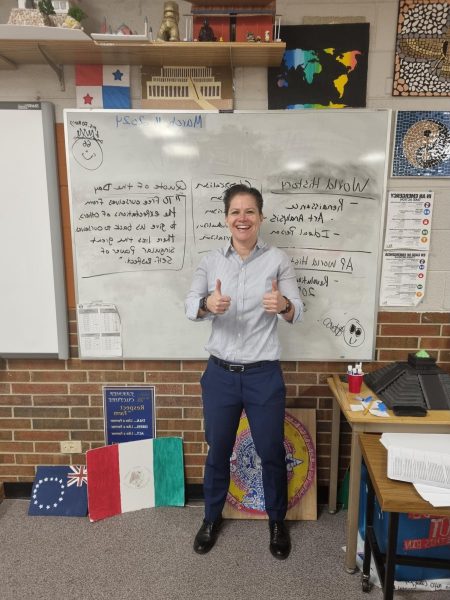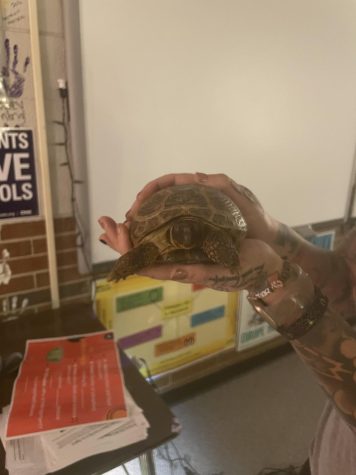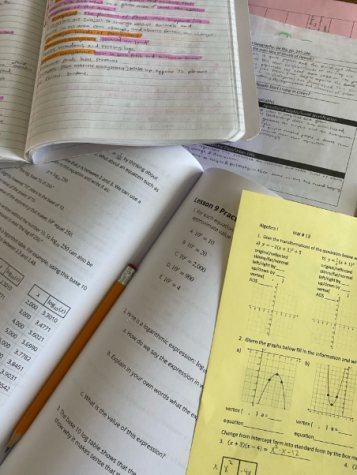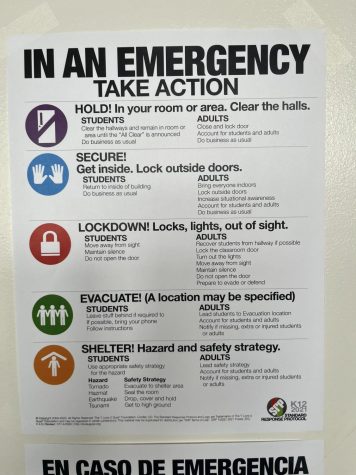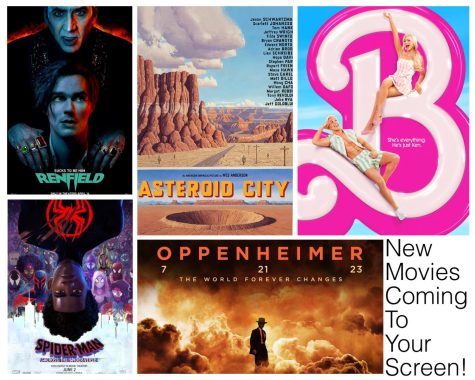Whose Interests Are Actually Represented In The Presidential Debates?
October 6, 2016
By Landon Stokes
Every presidential election season, candidates, usually only representing the Democratic and Republican parties, meet multiple times to discuss policies in a political showdown for the popular vote of American citizens through debates.
However, this election is special. Not only is it one of the most highly controversial presidential races in American history, it’s also the most highly followed in history. According to CNN, as many as 84 million people tuned in to the first debate across 13 channels on TV, and that’s not even including internet livestreams of the debate. So unless you live under a rock, you’ve likely heard all about the Clinton vs. Trump showdown–or more specifically, how much of a joke it was.
Media consensus seems to be that Hillary Clinton won the debate. If you ask me, debates aren’t about winning. They are (or should be) about sitting down and discussing the problems we, as Americans, face today and proposing solutions. There was, however, a clear loser of the debate: moderator Lester Holt. Presidential debates are historically very formal events, having set schedules and rules surrounding the discussion to make sure all pressing issues are addressed and guaranteeing all parties involved equal opportunities to speak. But despite poor Holt’s best attempts to keep order, both candidates repeatedly went over time limits, took the discussion off topic, and personally attacked each other. Trump even went as far as to argue with Holt himself, including going off on a tangent about Clinton’s temperament and leadership abilities. All things considered, the debate ran more like an episode of Jersey Shore than a televised political event, which is incredibly unfortunate for Americans.
As entertaining as the debate (or school fight) was to watch, it’s important to realize that this is where our American democracy is. This is the state of the union. Regardless of party affiliation or the candidate you plan to vote for, the debate was a circus, and the Democratic and Republican candidates are the head clowns. Popular opinion seems to hold that this year’s election is a vote on the shiniest of two turds, but have we ever stepped back and asked ourselves, “why is it like this?”
The answer is simple: the two party system. For decades, even centuries, the United States government has been ruled by parties and coalitions of like-minded individuals forming political powerhouses in order to fit their agenda. At first, glance, it doesn’t sound too bad. Banding together under similar beliefs is a powerful tool and a right of American citizens, but when only two sets of interests are represented in our government, there are flaws in our democracy. According to a 2013 Gallup survey, “42% [of Americans] identify as independents, 29% as Democrats, 26% as Republicans,” also citing that independent and third-party affiliation is, “above 40% for the fifth consecutive year.” Does that sound like democracy? A political system where nearly half of the country’s interests are not represented when choosing a president? Not to mention the Electoral College, who get the final say on which candidate is elected anyway, regardless of popular vote, making even harder for an independent or third party to be elected by not guaranteeing that popular vote will even grant them state delegates in the college itself.
Call me an angsty teen if you will, but this is not the democracy I want to live in, where every four years, there’s a vote on which of the two predetermined directions our country will accept, and almost half of our population’s interests are not represented. Ideally, the two-party system would be completely abolished, and every American voter would vote independently and knowledgeably on the issues they think the United States should be most concerned with, not one where citizens blindly vote because of their distaste of the opposing party or because the information on their voting registration dictates if they can even vote in primary elections.
In reality, it would be nearly impossible to dismantle political parties in American government, and I understand that. But the attitude on independent and third-party voted must be changed in our society. You may have heard the old saying, “an independent vote is a vote for [the bad guy],” or a “wasted vote,” but that’s only because Americans are brainwashed by their political affiliations to perceive it that way.
Fortunately, things may just be turning around for third party and independent voters. Colorado legislation is currently looking at Proposition 107, which, if passed, would change party caucuses into primary elections allowing unaffiliated voters to cast their ballot in a party’s previously-closed caucus. The new voters cannot, however, vote in multiple primaries; they still must choose one party to vote for. Not quite the solution unaffiliated voters are looking for, but it’s a step in the right direction, at least.
Changing the system starts with the people, and we all have to realize how methodically planned out and almost rigged our political system is before we can truly have the ideals of democracy this nation is built upon. The next presidential debate is scheduled for Oct. 4, and regardless of political affiliation, the whole nation will be watching.

